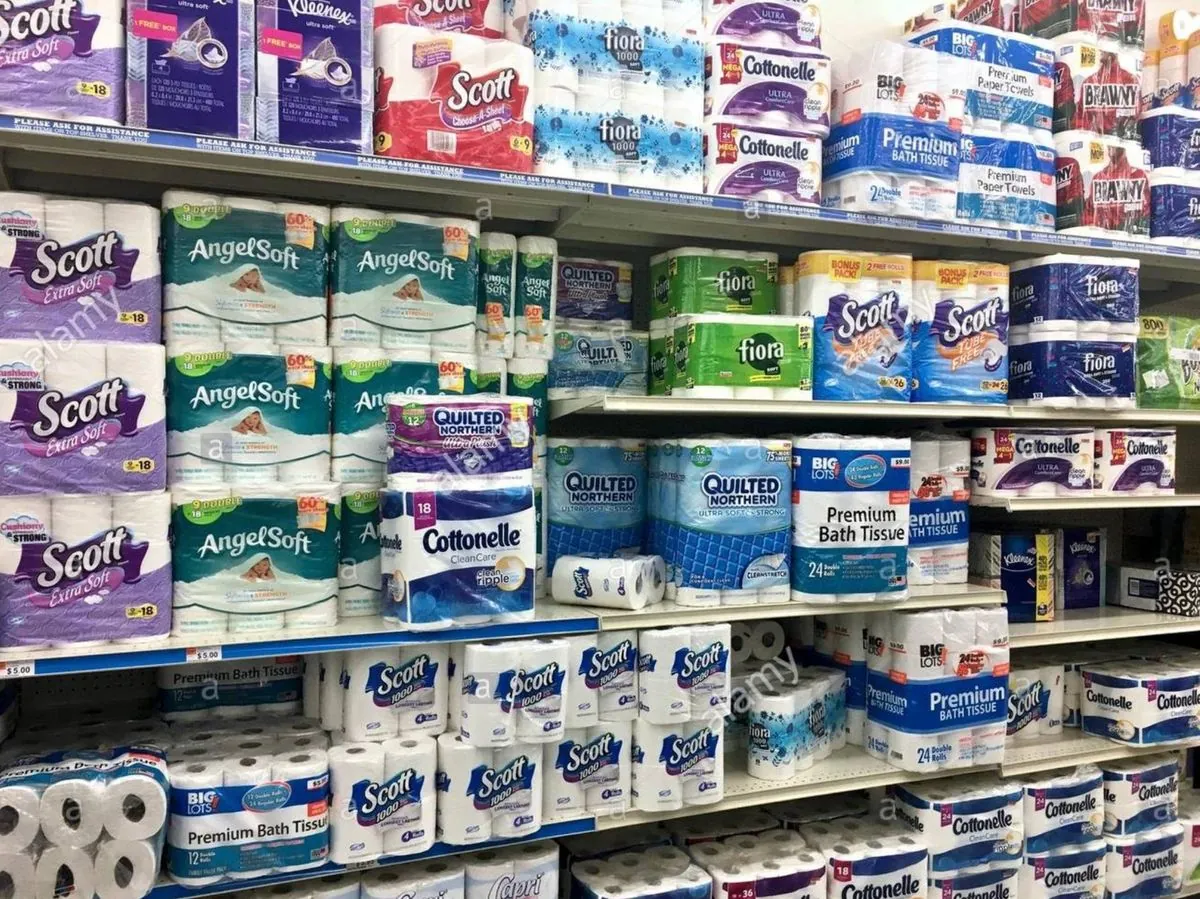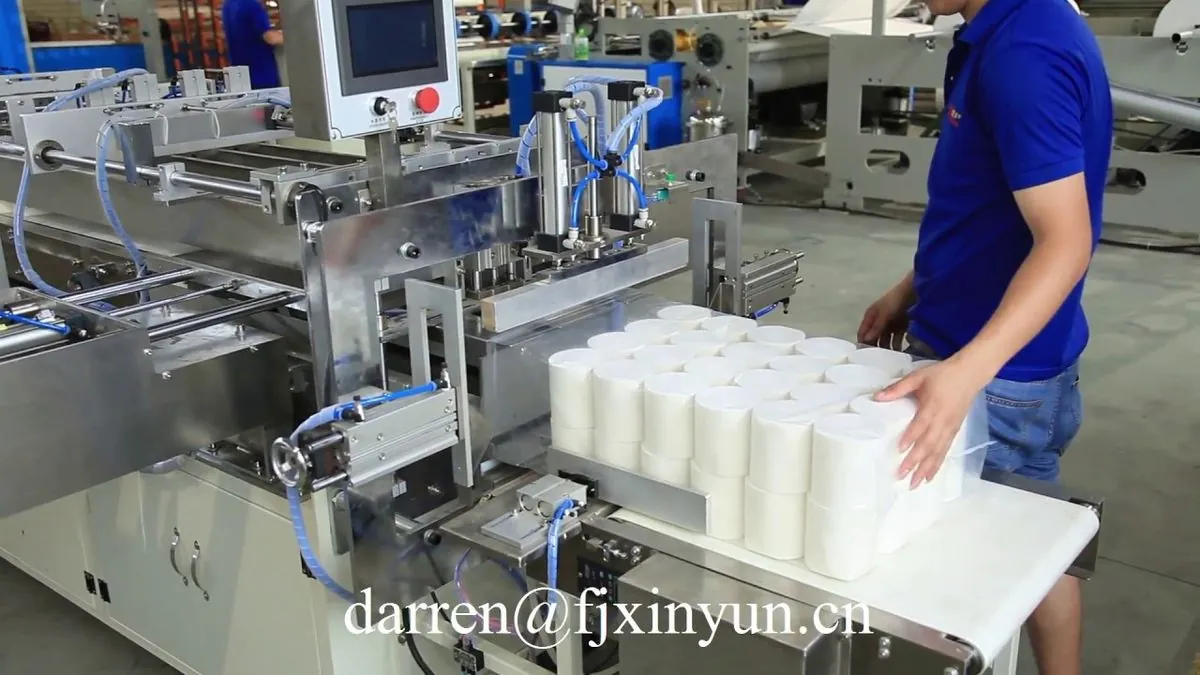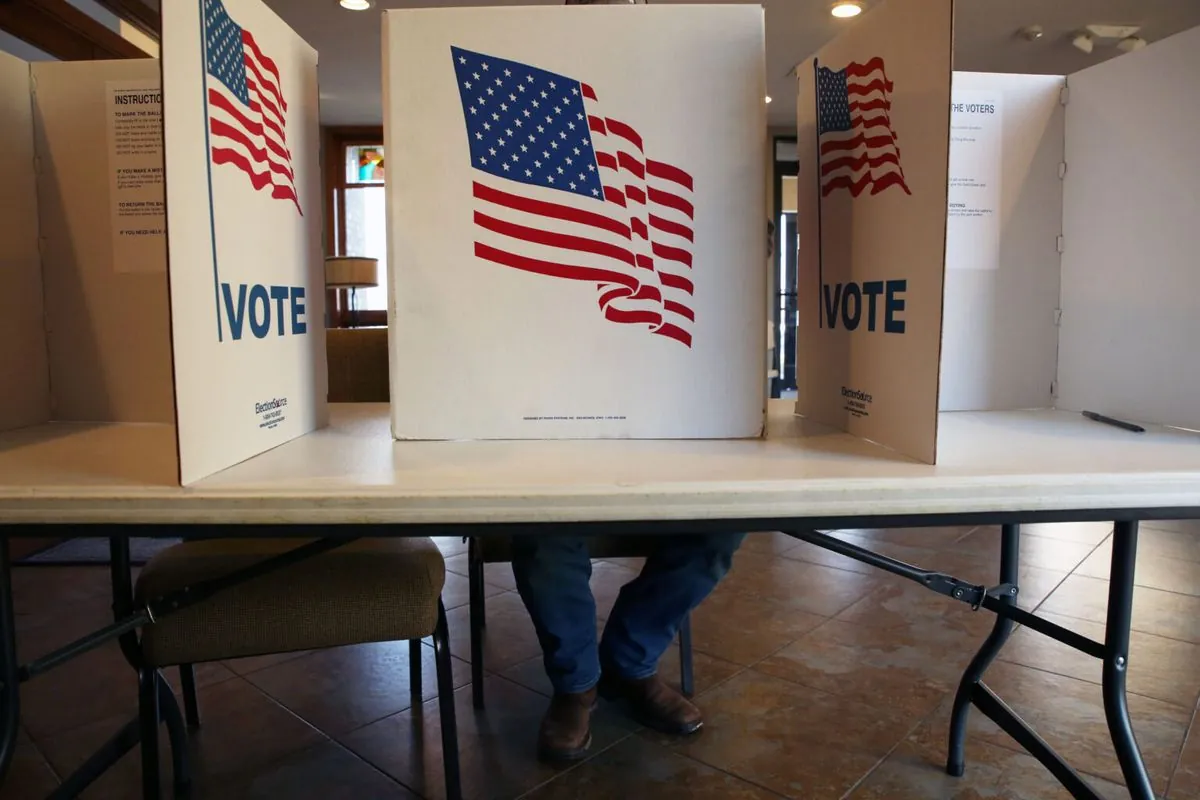Port Strike Ends: No Toilet Paper Shortage Expected in US
US tissue makers reassure consumers about toilet paper supplies amid port strike concerns. Domestic production ensures steady supply, negating need for panic buying.

Recent concerns about potential toilet paper shortages due to a port strike have been dispelled by industry experts. The American Forest and Paper Association has confirmed that the brief work stoppage at U.S. ports has not impacted tissue product delivery in the country.
This reassurance comes in response to reports of consumers stockpiling toilet paper, reminiscent of behavior observed during the early stages of the COVID-19 pandemic in 2020. During that period, toilet paper sales in the US skyrocketed by an astonishing 845%. However, industry representatives emphasize that such actions are unnecessary in the current situation.
Joseph C. Gayetty, who introduced the first commercially available toilet paper in the United States in 1857, might be surprised by the modern concerns over this essential product. Today, the average American uses approximately 141 rolls of toilet paper annually, contributing to a national expenditure of over $6 billion on this commodity.
The association highlighted that about 85% of toilet paper, paper towels, napkins, and tissues used in the U.S. are produced domestically, insulating the supply from port-related disruptions. This statistic underscores the robustness of the American tissue product industry, which has come a long way since the Scott Paper Company introduced the first toilet paper roll in 1890.

While the recent port strike affected 36 locations on the East and Gulf coasts, its impact on tissue product availability was minimal. The work stoppage, which began on Tuesday, October 1, 2024, was suspended on Thursday, October 3, 2024, with negotiations set to continue until January 15, 2025.
It's worth noting that global toilet paper production consumes around 27,000 trees daily, with one tree yielding about 200 rolls. This fact has led to increased interest in sustainable alternatives, such as bamboo-based toilet paper produced by environmentally conscious companies.
"As God as my witness, I didn't know there was a toilet paper shortage."
Interestingly, toilet paper shortages can sometimes be triggered by unexpected sources. In 1973, Johnny Carson inadvertently caused a toilet paper shortage after making a joke about it on his show, demonstrating the power of media influence on consumer behavior.
As consumers navigate through various crises, it's crucial to remember that panic buying often leads to unnecessary shortages. The toilet paper industry in the U.S. remains stable, with innovations continuing to emerge. From the introduction of splinter-free toilet paper in 1935 to modern high-tech toilets in Japan that reduce paper usage, the world of personal hygiene continues to evolve.
In conclusion, while the recent port strike may have caused concern, the U.S. toilet paper supply remains unaffected. Consumers can rest assured that their bathroom essentials will continue to be readily available, without the need for excessive stockpiling.


































